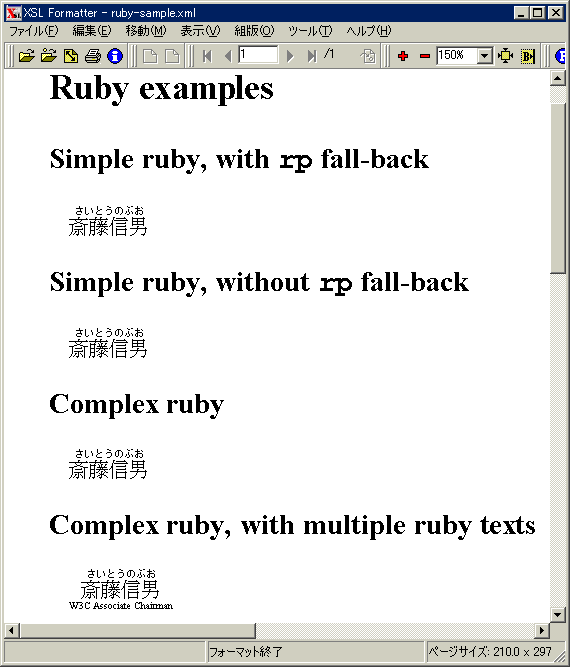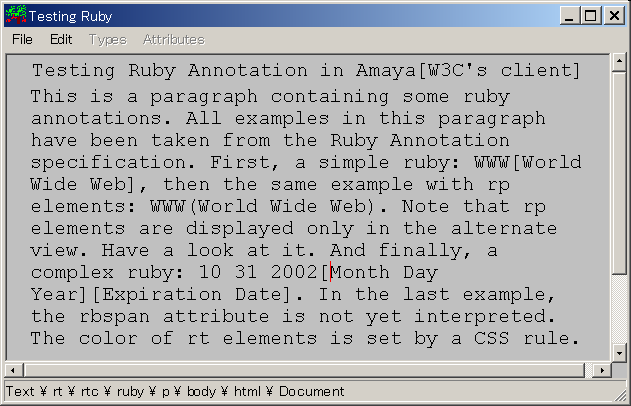

JSPM -shortcut for JavaScript Package Management- is a tool that allows us to load a fully optimized NPM package inside the browser without any need for additional tooling. Let's begin by taking a look at the easier case.Īs said before, Import Maps is easy-peasy when used in libraries without css. Consider that while it works great to import js, Import Maps is not so straightforward when the library includes css code. Today we will walk you through different ways to use Import Maps, with real libraries and examples. With Import Maps, we can finally use the libraries we want without wasting time with configuration. We can still manage our JavaScript libraries, but our application will now manage multiple small ones instead of one big file. This means we can now get rid of Webpack and Node.js from our package. Import Maps is a new feature on Rails 7 that allows us to load third-party javascript libraries in a default way by simply referencing those libraries to their bare module specifiers. Again and again, devs have shown they don't shy away from undertaking radical changes to give developers better tools. One reason Rails has stood the test of time is sheer boldness. NOTE: This article has also been published on the Ruby Best Practices blog.For almost 20 years now, Rails has been a synonym for effectiveness and excellent results, which is why we haven't hesitated to call it the perfect ally for startups. But since no technical decision should be made based on dogma or a blind-faith acceptance of community conventions, these notes hopefully provide the necessary evidence to help you make good design decisions on your own. With the alternatives to extend self having unpleasant quirks, it’s no surprise that they’re quickly falling out of fashion in the Ruby world. While the ability to selectively define which methods can be called directly on the module is nice in theory, I’ve yet to see a use case for it where it would lead to a much better design.

gsub ( //, '' ) end endįrom these examples, we see that module_function is more flexible than defining methods directly on your modules, but not nearly as versatile as extending a module with itself. any? do | e | normalize ( input ) =~ /\b # /i end end private def normalize ( input ) input.

Module MinimalAnswer extend self def match? ( pattern, input ) pattern.


 0 kommentar(er)
0 kommentar(er)
